Refuse derived fuel (RDF) is fuel created from certain types of waste, such as municipal solid waste and other combustible refuse. For companies looking to achieve zero waste to landfill, converting some of their waste into RDF is a great solution. Rubbish that would otherwise end up sitting in a landfill site is instead put to good use as an alternative to fossil fuels.
There are also various subtypes of RDF, such as tyre-derived fuels (TDF) and solid recovered fuels (SRF).
What is RDF made from?
RDF can be made from municipal shared waste (MSW), industrial waste and commercial waste. Specifically, RDF consists of combustible materials such as non-recyclable plastics and paper, which can be burned to create energy.
How is RDF made?
Firstly, the waste is sorted and any non-combustible materials, such as glass and metal, are removed. Metals are extracted using a magnet, while mechanical screening is used to remove the glass.
The waste items are then separated according to weight. Heavy materials are discarded as they have a lower calorific value and therefore won’t burn well. The remaining, lighter materials with high calorific value will be used for RDF. These materials are processed into a plain mixtures, pellet fuel, bricks or logs to be used as RDF.
Where is RDF used?
The main use for RDF is in combined heat and power facilities, producing hot water and electricity for municipal heating systems. However, RDF can also be used for a range of other purposes, such as for cement kilns and plasma arc gasification modules and in pyrolysis plants.
Why is RDF a good option?
RDF helps to divert waste away from landfill. Materials such as non-recyclable plastic, which would sit in landfill sites for hundreds of years, can instead used in a helpful way to generate renewable heat and power.
This makes RDF a great option for companies who are seeking to be sustainable and eco-friendly. It can be used alongside various other measures to help you achieve zero waste to landfill. For example, food waste can be turned into energy via anaerobic digestion, while other natural materials such as wood can be converted into biomass.
As experts in commercial waste disposal, Willshee’s is able to advise companies on all aspects of waste management and offers a corresponding range of services. It’s not just waste to energy we cover: from bulk recycling services to site clearance, we deal with many different types of waste.
Get in touch with us today to discuss your waste management needs and sustainability goals. Willshee’s will work with you to find the right waste solutions for your business.
To find out more, give us a call on 01283 702 340 or send us an email at sales@willshees.co.uk.

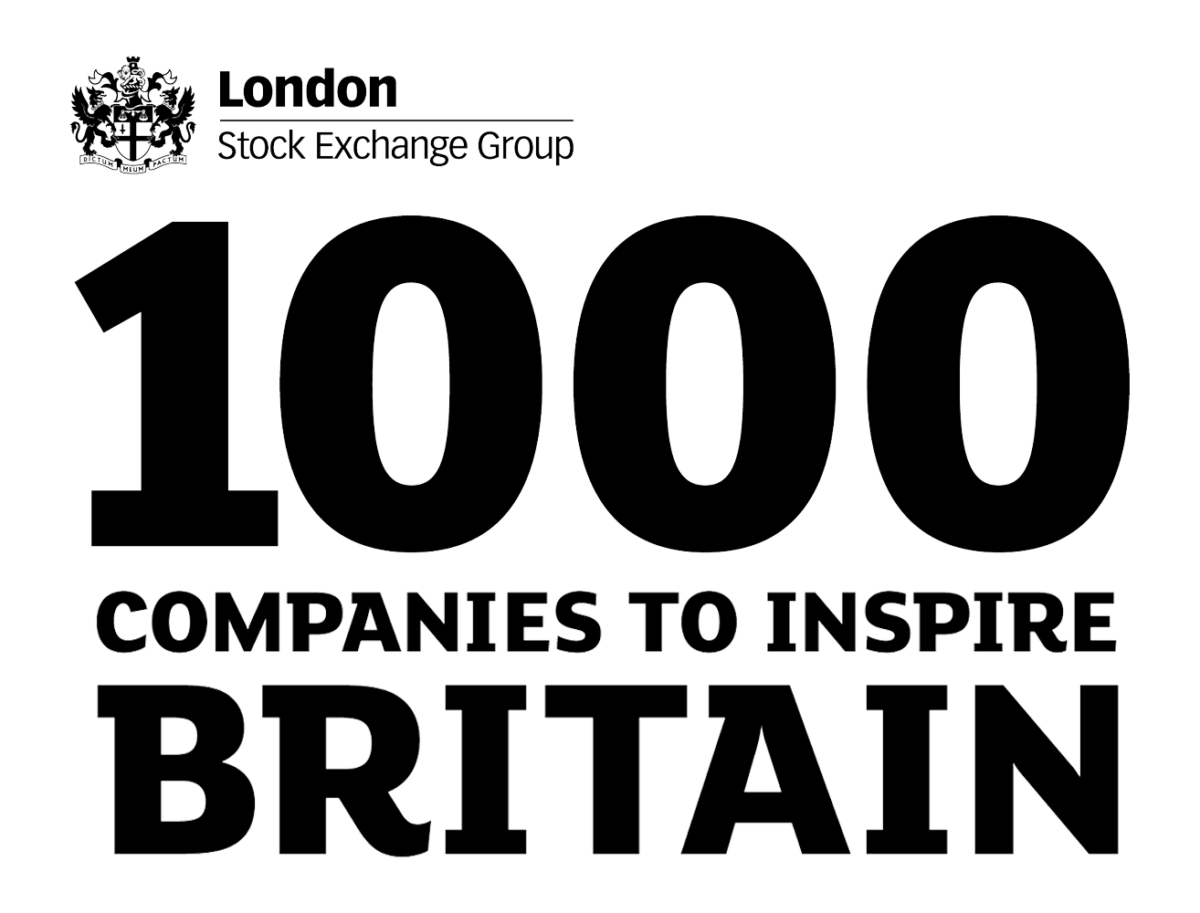
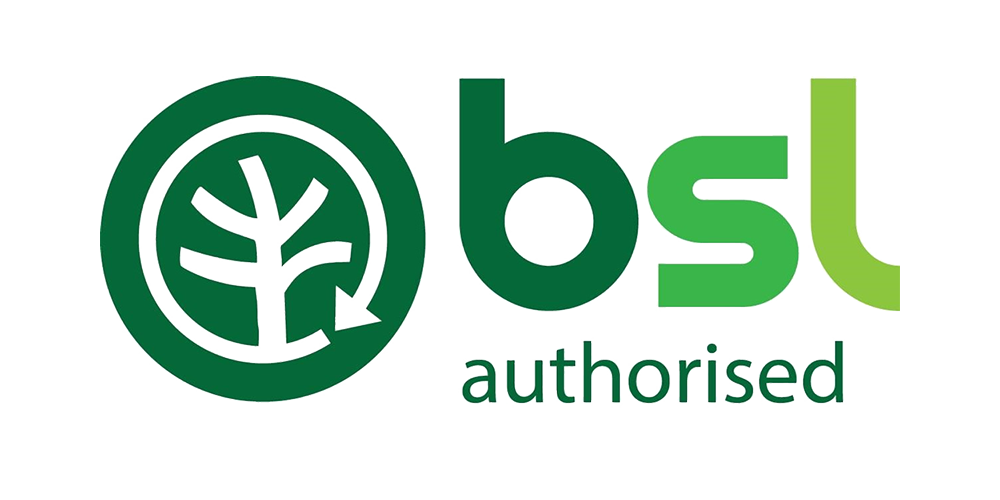



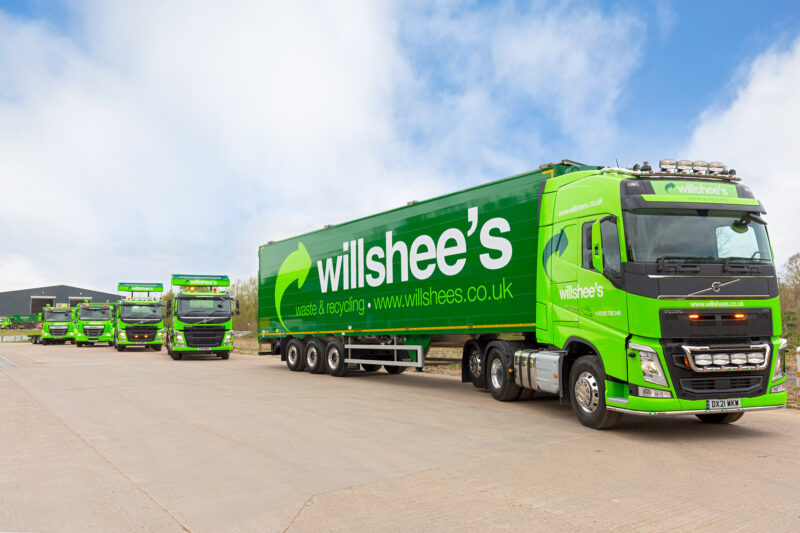
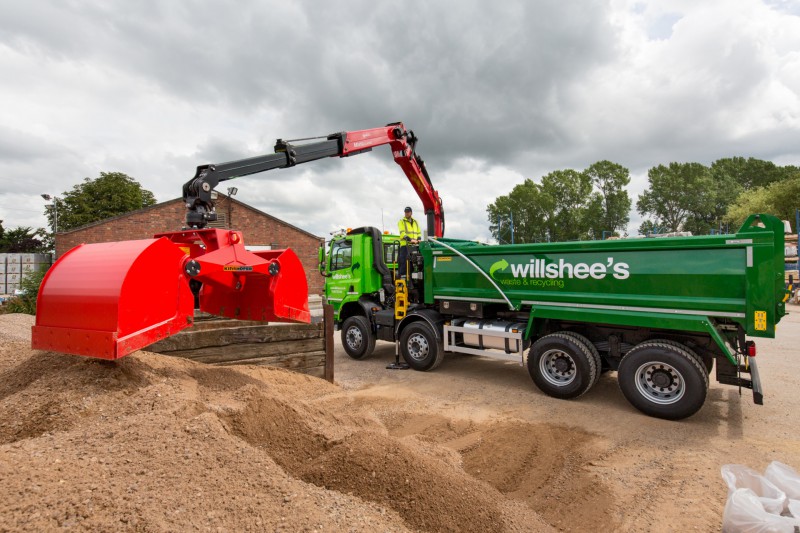

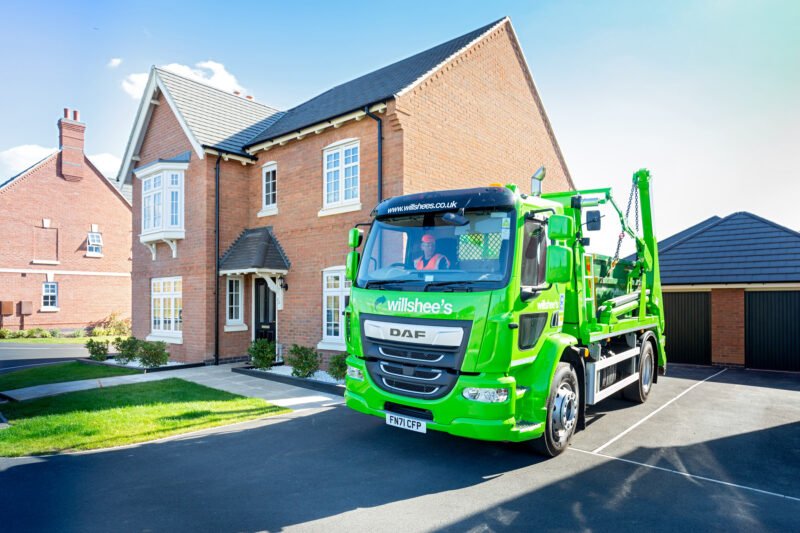
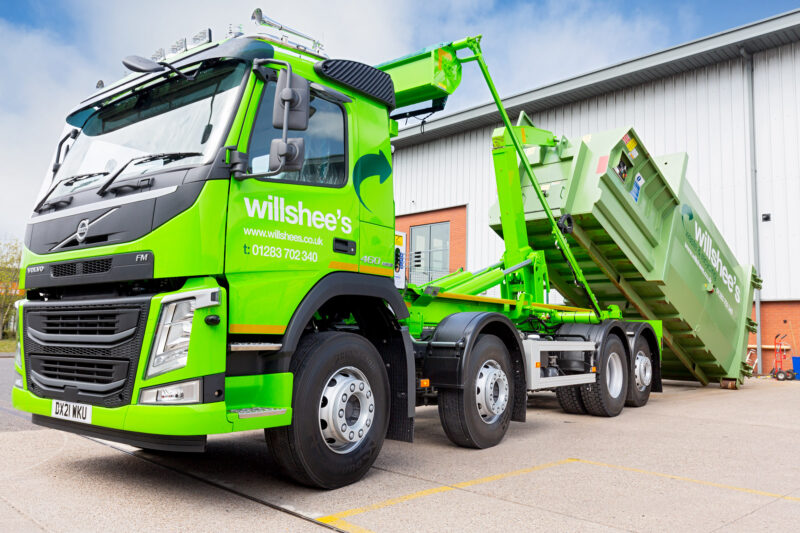
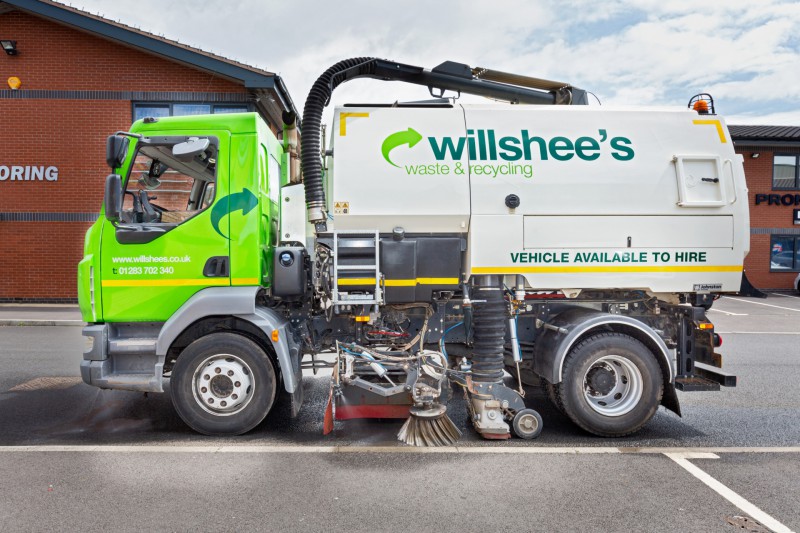
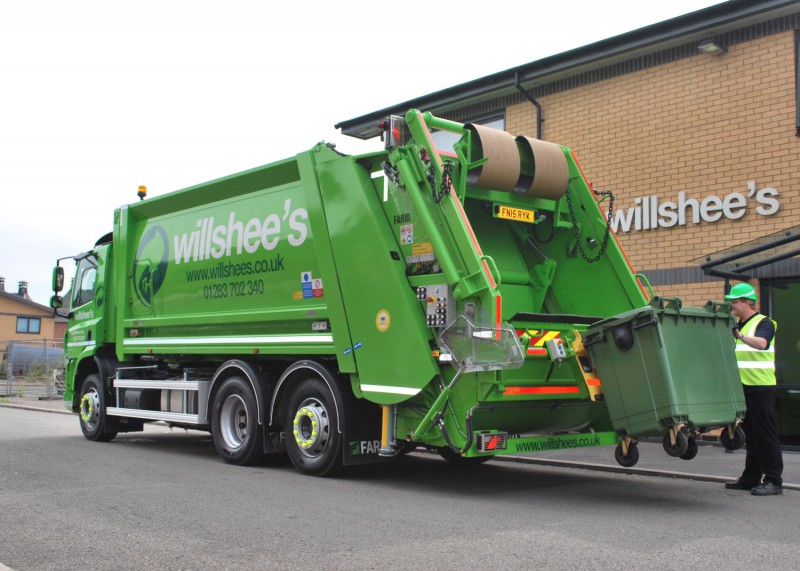
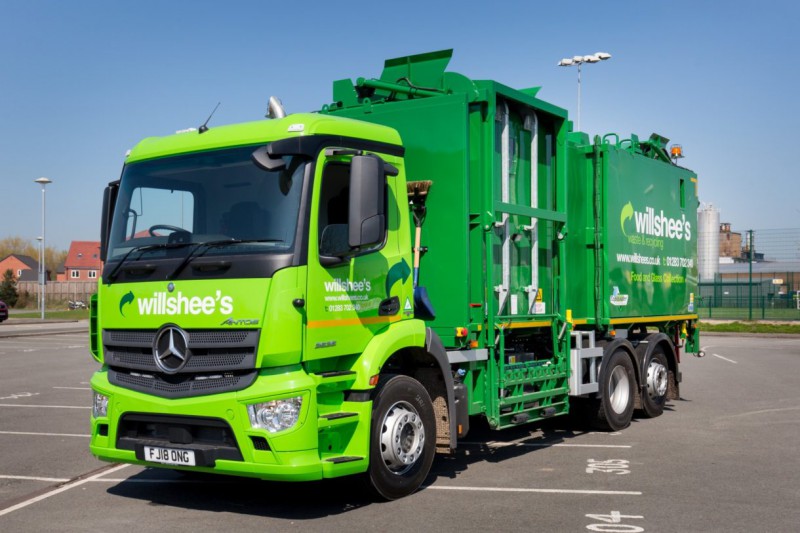
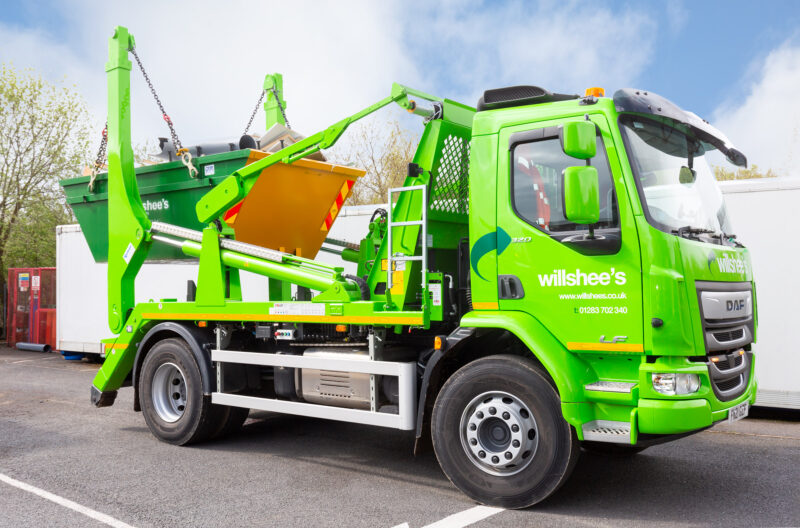
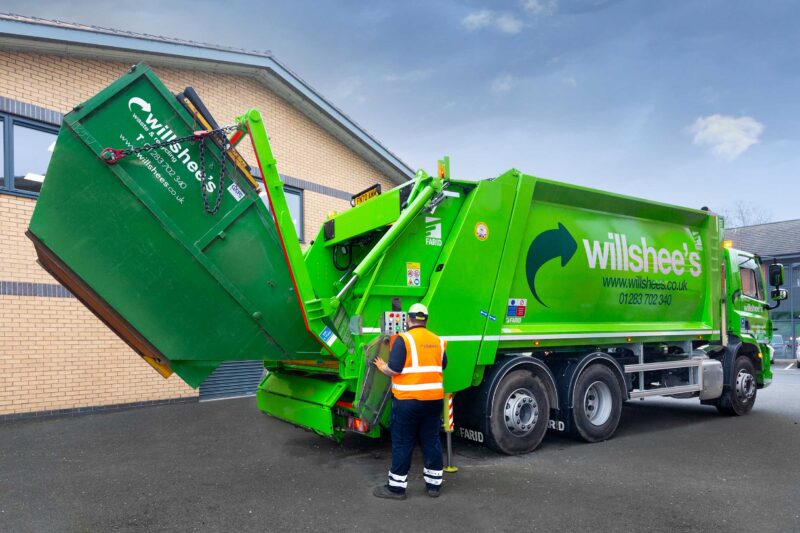
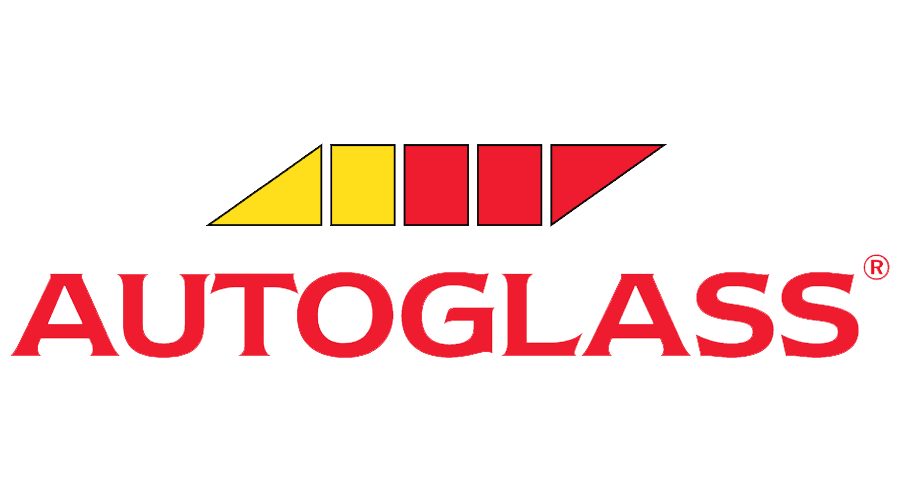
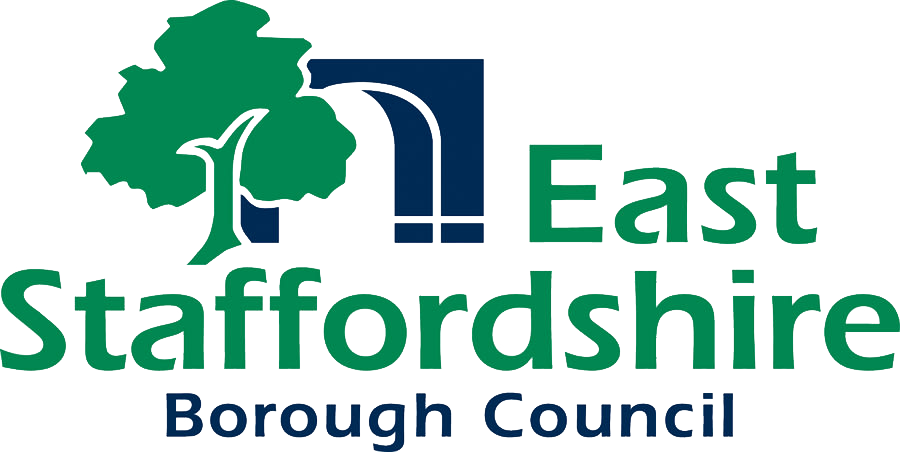

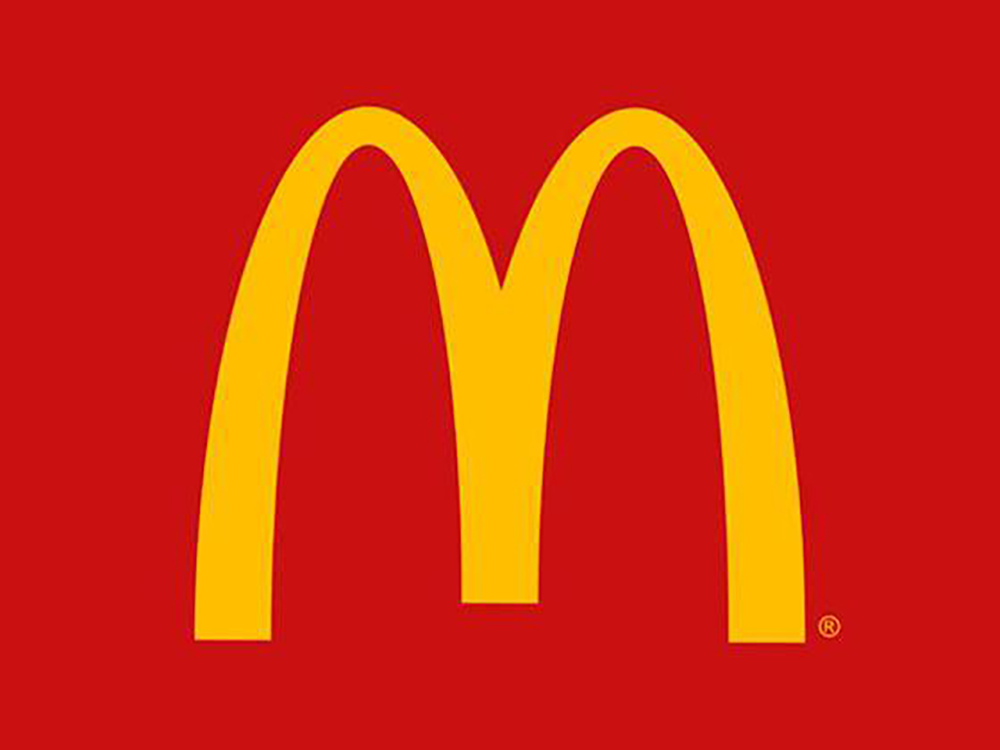
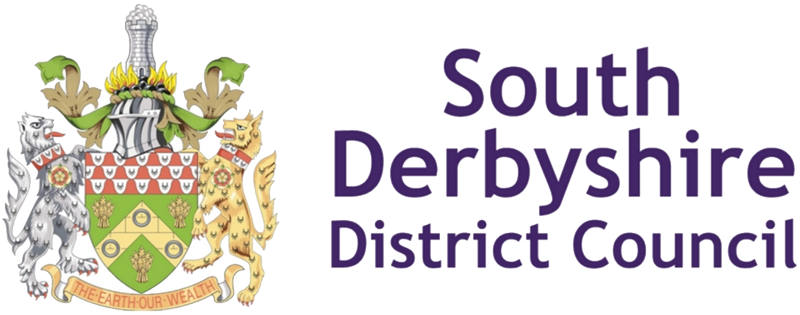
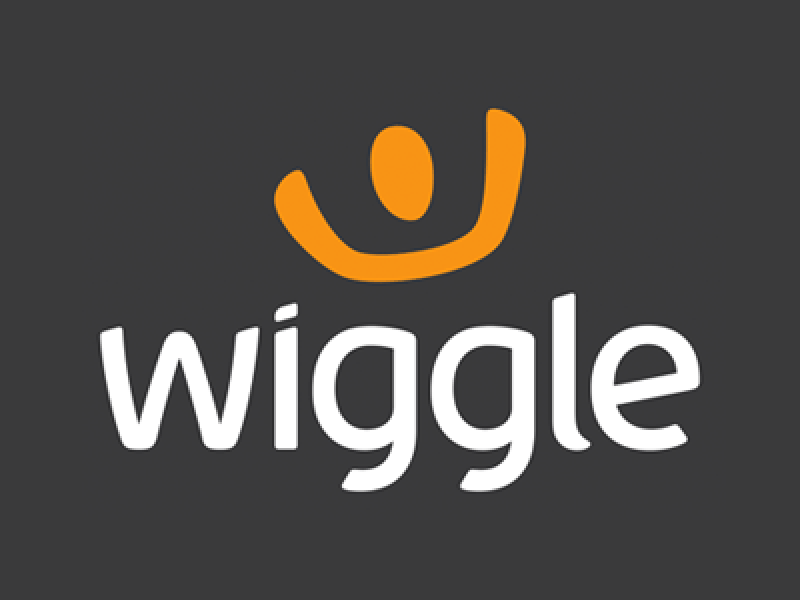
Social